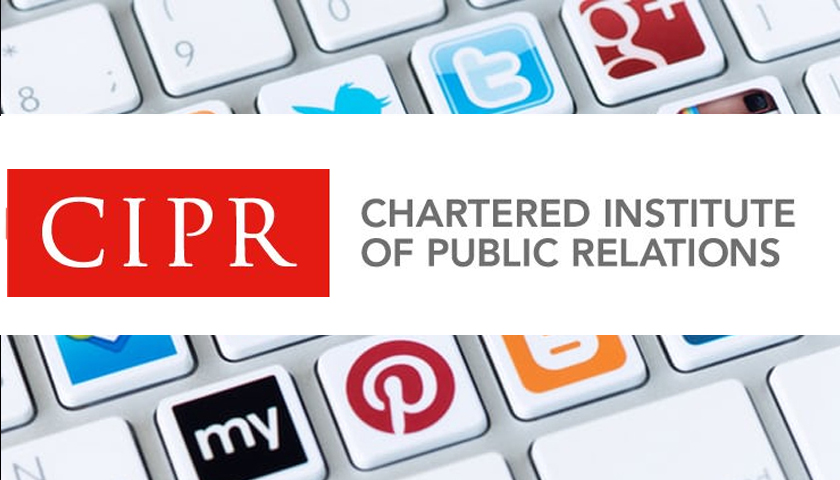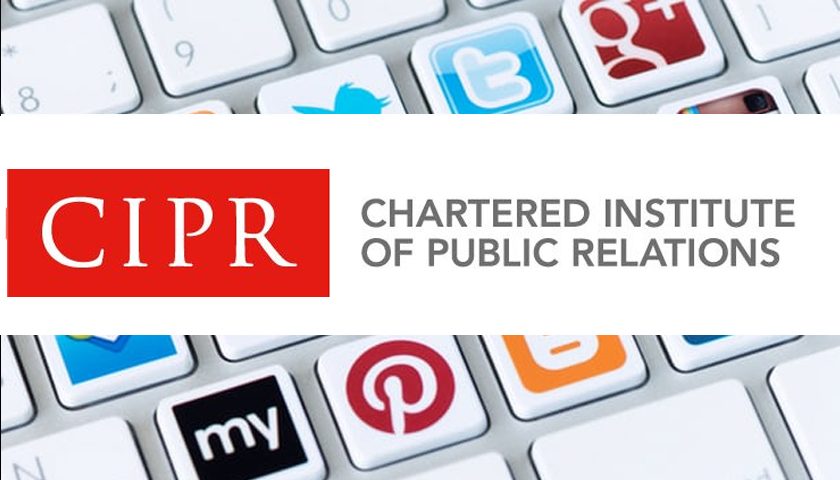The Chartered Institute of Public Relations (CIPR) has announced the launch of its 2024 Research Fund, designed to support investigations into a wide range of subject matters relevant to the advancement of public relations. To mark the launch of the new Fund, the Institute has published new research on the Indian public relations industry and what it can learn from key developments in PR education.
The CIPR Research Fund was launched in 2021 under then-President, Mandy Pearse. Now in its fourth successive year, the Fund awards grants of up to £2000 to CIPR members at any stage of their career to conduct independent PR research to support the development and advancement of the wider profession, in line with the Institute’s Royal Charter and five-year strategy. Applications are decided by members of the CIPR’s Research Fund Panel.
In 2023, six CIPR members received funding for their research reports, due to be published in 2024. The first research to be published – ‘From Muckraking to Metaverse: 100 years of public relations education – learning for India’ – is by Chartered PR Practitioner, Noumaan Qureshi. It explores the Indian PR industry and how key developments of the last 100 years that impacted public relations education can frame learning areas in the country.
The other research, due to be published by the Institute in the coming weeks are:
- ‘How can consistent accessibility and inclusion practice become part of public sector operational culture?’, by Leanne Hughes and Kim Tooke
- ‘Fish out of water: the experience of PR practitioners from lower socioeconomic backgrounds, why it matters and what we can do about it?’, by Caitlin Plunkett-Reilly
- ‘What does news media mean to Gen Z’, by Rebecca Roberts
- ‘Communicating evidence to policy makers – what works best?’, by Caroline Wood
Successful applicants to the 2024 Fund will also have the opportunity to undertake a CIPR training course to help refresh and develop their research knowledge and skills.
The Fund is a fantastic opportunity to explore pivotal themes in the wider PR industry, ones that may be beyond our natural scope, but that enrich our work and shed light on important and fascinating topics. Last year’s response and resulting research set a high bar for projects going forward and will be of great benefit and interest to the PR profession. I’m looking forward to seeing where this year’s applicants will choose to focus their efforts and to seeing the final results.
CIPR President Rachael Clamp Chart.PR FCIPR
As India transitions to the 3rd largest economy by 2030, this report underscores the need for stakeholders of public relations in India – practitioners, academicians and association leaders – to frame learning areas that help practitioners prepare for the emerging digital and globalised landscape. Beginning in the 1920s, public relations education has kept pace with the changing socio-economic environment: there are learnings from the evolution of public relations practice in the last 100 years. I am grateful to the CIPR’s Research Fund to support me to conduct this timely study and hope it proves valuable to those that read it.
Noumaan Qureshi Chart.PR, MCIPR
- To learn more about the Fund and how to apply, please visit our dedicated webpage.

